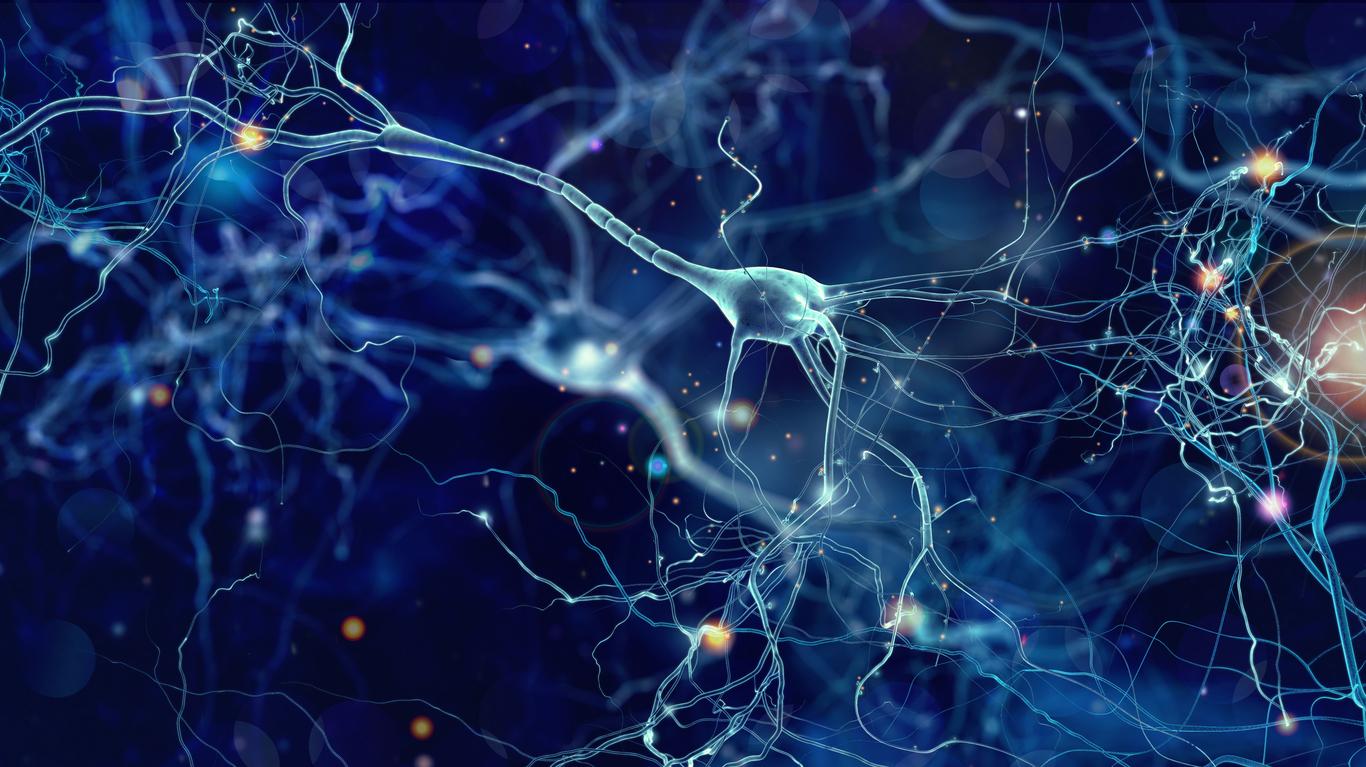The weight gain after the age of 50 could be explained by the lack of effectiveness of a hormone in the brain. Researchers fromAberdeen’s Rowett Institute of Nutrition and Health in the UK have identified a decrease in the effects of certain hormones, called pro-opiomelanocortin, with age.
Located in a part of the brain involved in controlling eating, they are used to regulate appetite. But after 50 years, the signals sent by these hormones are less intense and the feeling of fullness takes longer to be felt. The same amount of food therefore does not satisfy the appetite in the same way at 40 or 50.
Towards a drug to prevent overweight
“Understanding this mechanism is important because it opens up new perspectives at the therapeutic level. We have identified the key cells involved, and we have observed that certain molecules manage to stimulate them”, explains Lora Heisler, one of the main authors of this study, published by the journal Endocrinology.
Medicines capable of awakening satiety hormones and preventing overweight could therefore emerge. In France, according to figures from the National Institute of Health (Inserm), obesity affected 15% of adults in 2012. But more recent data is hopeful, because for the first time in 30 years, the progression of obesity seems to be slowing down.


















